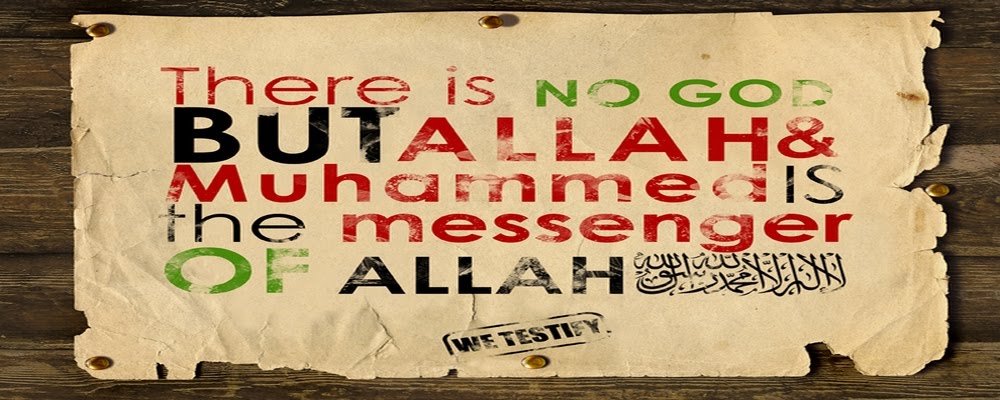Answer by Dr.Zakir Naik
Regarding the Salah, offered after the Isha Salah (i.e. Tarawih), in Ramadan, the right opinion is that one can offer as many number of rakat as one wishes because there is no fixed limit on it.
Narrated Nafi
Ibn 'Umar said, "While the prophet was on the pulpit, a man asked him how to offer the night prayers. He replied, ' Pray two Rakat at a time and then two and then two and so on, and if you are afraid of the dawn (the approach of the time of the Fajr prayer) pray one Rakat and that will be the witr for all the Rakat which you have offered." Ibn 'Umar Said, "The last Rakat of the night prayer should be odd, for the prophet ordered it to be so. ( Sahih Bukhari, Vol. 1, Hadith No. 461).
Narrated Amr ibn Anbasah as-Sulami
I asked: "Apostle of Allah, in which part of the night the supplication is more likely to be accepted? He Replied: In the last part: Pray as much as you like, for the prayer is attended by the angels and it is recorded till you offer the dawn prayer. (Abu Dawood, Vol. 1, Hadith No. 1272).
We also find that some of the Taba'een used to pray 20 and some used to pray 36 Rakats in Tarawih. (Musannaf Ibn Abi Shaiba, Vol.2, Pages 165 & 166).
However, it is preferable to offer it the way prophet Muhammad (Pbuh) did. He used to offer 11 or 13 Rakats, as mentioned in the following Hadith.
Narrated Abu Salma bin Abdur Rahman
I asked Aisha, "How is the prayer of Allah's Apostle during the month of Ramadan." She said, "Allah's Apostle never exceeded eleven Rakats in Ramadan or in other months; he used to offer four Rakats do not ask me about their beauty and length, then four Rakats, do not ask me about their beauty and length, and then three Rakat." Aisha further said, " I said, ' O Allah's Apostle! Do you sleep before offering the Witr prayer?' He replied, 'O 'Aisha! My eyes sleep, but my heart remains awake!' (Sahih Bukhari, Vol. 2, Hadith No. 1147). From all the above mentioned Hadith, it is clear that there is no fixed limit for the Tarawih Prayer; therefore, one should refrain from getting into any controversy in this regard. However, in mosques, where eight congregational Rakats are offered, it is advisable not to offer further 12 Rakats in congregation, thus avoiding any unwanted disputes amongst the Muslims. For those who wish to offer more Rakats can very well do so at their homes. Similarly, in mosques, where 20 congregational Rakats are offered, it is advisable not to offer 8 Rakats in different congregation so that there is no conflict among the Muslims.
Regarding the Salah, offered after the Isha Salah (i.e. Tarawih), in Ramadan, the right opinion is that one can offer as many number of rakat as one wishes because there is no fixed limit on it.
Narrated Nafi
Ibn 'Umar said, "While the prophet was on the pulpit, a man asked him how to offer the night prayers. He replied, ' Pray two Rakat at a time and then two and then two and so on, and if you are afraid of the dawn (the approach of the time of the Fajr prayer) pray one Rakat and that will be the witr for all the Rakat which you have offered." Ibn 'Umar Said, "The last Rakat of the night prayer should be odd, for the prophet ordered it to be so. ( Sahih Bukhari, Vol. 1, Hadith No. 461).
Narrated Amr ibn Anbasah as-Sulami
I asked: "Apostle of Allah, in which part of the night the supplication is more likely to be accepted? He Replied: In the last part: Pray as much as you like, for the prayer is attended by the angels and it is recorded till you offer the dawn prayer. (Abu Dawood, Vol. 1, Hadith No. 1272).
We also find that some of the Taba'een used to pray 20 and some used to pray 36 Rakats in Tarawih. (Musannaf Ibn Abi Shaiba, Vol.2, Pages 165 & 166).
However, it is preferable to offer it the way prophet Muhammad (Pbuh) did. He used to offer 11 or 13 Rakats, as mentioned in the following Hadith.
Narrated Abu Salma bin Abdur Rahman
I asked Aisha, "How is the prayer of Allah's Apostle during the month of Ramadan." She said, "Allah's Apostle never exceeded eleven Rakats in Ramadan or in other months; he used to offer four Rakats do not ask me about their beauty and length, then four Rakats, do not ask me about their beauty and length, and then three Rakat." Aisha further said, " I said, ' O Allah's Apostle! Do you sleep before offering the Witr prayer?' He replied, 'O 'Aisha! My eyes sleep, but my heart remains awake!' (Sahih Bukhari, Vol. 2, Hadith No. 1147). From all the above mentioned Hadith, it is clear that there is no fixed limit for the Tarawih Prayer; therefore, one should refrain from getting into any controversy in this regard. However, in mosques, where eight congregational Rakats are offered, it is advisable not to offer further 12 Rakats in congregation, thus avoiding any unwanted disputes amongst the Muslims. For those who wish to offer more Rakats can very well do so at their homes. Similarly, in mosques, where 20 congregational Rakats are offered, it is advisable not to offer 8 Rakats in different congregation so that there is no conflict among the Muslims.

